Palliative care
The number of cancer patients in Romania has spiked at an alarming pace over the last years.

Christine Leșcu, 22.10.2014, 13:50
Recent statistics indicate that in 2012 there were some 78,000 new patients, 4,000 more than in 2008. Under these circumstances, a proper treatment should not look only at medical care, but it should provide patients with mental relief and support. How does a young man feel, knowing he’s suffering from a terminal disease? What about his family? What treatment should be used to help those people cope with their illnesses both physically and mentally?
The Casa Sperantei Hospice Association has been offering solutions to those problems. Founded in 1992 in Brasov, central Romania, by Graham Perolls of the United Kingdom, the foundation did pioneering work in the field of palliative care in Romania. For ten years, Casa Sperantei Hospice has provided home palliative care to patients in Brasov. Then, in 2002, the association opened the first certified centre devoted to this type of treatment, also in Brasov.
In 2006, the association opened a branch in Bucharest, while a broader center for palliative care was inaugurated early this year. Whereas in the early 1990s, Casa Sperantei Hospice was a pathfinder in the field of palliative care, at present numerous NGOs are active in the field, although their number remains small. Graham Perolls says this is still not enough for the large number of patients in need of such treatments.
In 2008 Casa Sperantei Hospice started raising funds for building the treatment centre in Bucharest, which was inaugurated only this year. Doctor Ruxandra Ciocarlan, the director of the Patient Service Department with the Casa Sperantei Hospice told us more about the efforts involved, as well as about the facilities the centre offers.
“When operating at full capacity, this centre of integrated services may provide treatment to a total of 2,000 patients a year. In addition, we offer home care for adults and children, expert medical checks in hospitals and outgoing hospices. We also offer specific therapies for cancer patients and admission. We have 23 beds, 15 for adults and 8 for children”.
Patient-family dialogue is key to palliative treatments, Ruxandra Ciocarlan told us:
“It’s one thing to provide counselling and guidance, because more often than not public healthcare services are not well integrated and lack coordination, and patients often don’t know who to address, where to go or what follows. It’s a whole different thing however to treat them as human beings, not at carriers of a diagnosis. Patients refuse to be treated as people suffering from breast or liver cancer. They have names, they are called Ion, Gheorghe or Maria, they are people whose pain is boundless, they have families equally affected by this illness. They may have existential questions, such as what’s happening to me? They want to be treated just like any other normal being”.
This type of respect is exactly what Cristina Stanica got, both for her and for her little kid, who died of a brain tumour at only 8 years of age. It was respect that unfortunately she didn’t find in the public healthcare system, overcrowded with patients and overburdened by an endless string of problems. Cristina Stanica:
“Unfortunately, I believe that no one in the public healthcare sector has the necessary time to provide such services. Doctors are always busy, the system doesn’t allow them to do more than what they are already doing. Besides, I doubt they would all be so eager to do this. I’ve met doctors who’ve done everything humanly possible to help their patients, doctors who did their job flawlessly, in a professional manner, without getting emotionally involved, and I’ve met doctors who even if they did have the time, they still wouldn’t get involved, although I admit they were few”.
Any medical treatment in hospitals should be doubled by emotional support, helping patients to get over their unpleasant experiences with their dignity intact. Cristina Stanica:
“My kid and I benefited from emotional support. My kid used to say about the Hospice medical team that came to our house that they were ‘our smiles’. ‘When will our smiles be here?’, he would ask. It was an extraordinary team that treated us like normal people, with all our unbearable spells of anger and despair. They knew what we were going through and they helped us, without us realising it”.
Palliative treatment is most effective when provided at home or, if the patients’ family work or if the patients live alone, in specialised centres. This type of treatment benefits all, patients, their families and circle of friends.






























